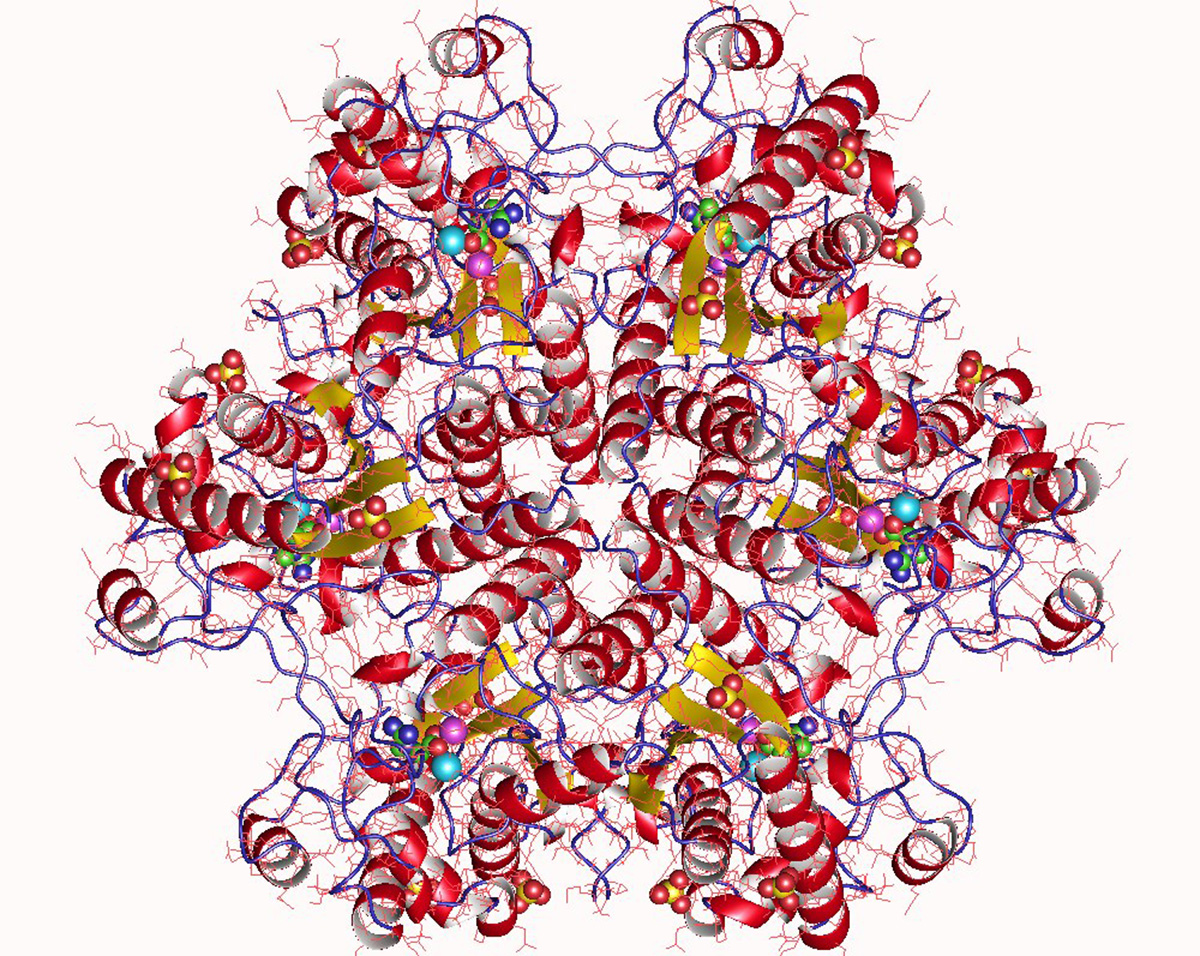
Creatinine in the organism
Creatinineis a molecule that is produced in the muscles, by the metabolic processes in their cells. It can be regarded as metabolic waste. It is a result of metabolizing creatine, an important molecule for production of energy in the muscles. Typically, some two percent of creatine present in our bodies gets converted to creatinine every 24 hours. As is typical for most of metabolic waste, creatinine is transported to the kidneys by the bloodstream, and most of it is filtered out and disposed of in the urine.
Creatinine levels are usually constant on a day-to-day basis, as they are related to muscle mass, which remains constant when observed in such short time periods.
Importanceof creatinine levels checking
Asamount of creatine that is secreted daily is basically constant, it can serve as a good indicator of kidney function. If there is any problem with the function of the kidneys, levels of creatinine will rise, and such irregularly high levels indicate that there is some kidney damaging process ongoing. For this reason, standard tests of blood and urine include creatinine level check. More accurate tests calculate the amount of creatinine that is filtered by the kidneys.
Howmuch creatinine is normal?
Foradult males, normal levels of creatinine range from 0.6 to 1.2 milligrams (mg) per deciliter (dl), and from 0.5 - 1.1 milligrams per deciliter for adult females.
Adultsthat are more muscular have proportionally larger amount of creatinine than is average, while the elderly may have lower than average creatinine levels. Malnutritioned people, people who experienced severe weight loss or a long-lasting ilness might also have below average creatinine levels as they have low muscle mass.
Personswith just one kidney have normal levels that range from 1,8 to 1,9mg/dl.
Creatinine levels from 10 or higher in adults or 2 and higher in infants are associated with serious problems of kidney function and such persons will need a regular treatment with dialysis machine to purify theirblood.
Symptoms
Howthe body will react to excess creatinine depends on amount on excess creatinine. Typical symptoms of excess creatinine (that is, impaired kidney function) are fatigue, loss of appetite, and fever, together with dehydration, low amount of produced urine, swelling in the limbs and headaches. These symptoms are common for more conditions, so remember that they could indicate some other problem as well.
Treatmentand prevention
Avoidtoo many foods rich with protein in your diet, drink lots of fluids, reduce intake of caffeine and alcohol, and monitor your sugar levels. These changes in routine can make the difference. Also, monitor your creatinine levels regularly.





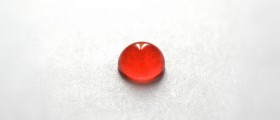






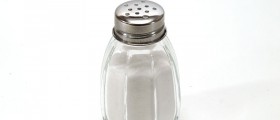
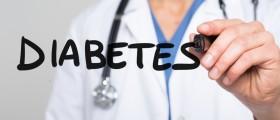
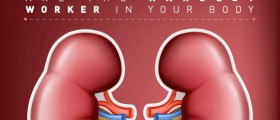

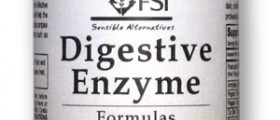
Your thoughts on this
Loading...